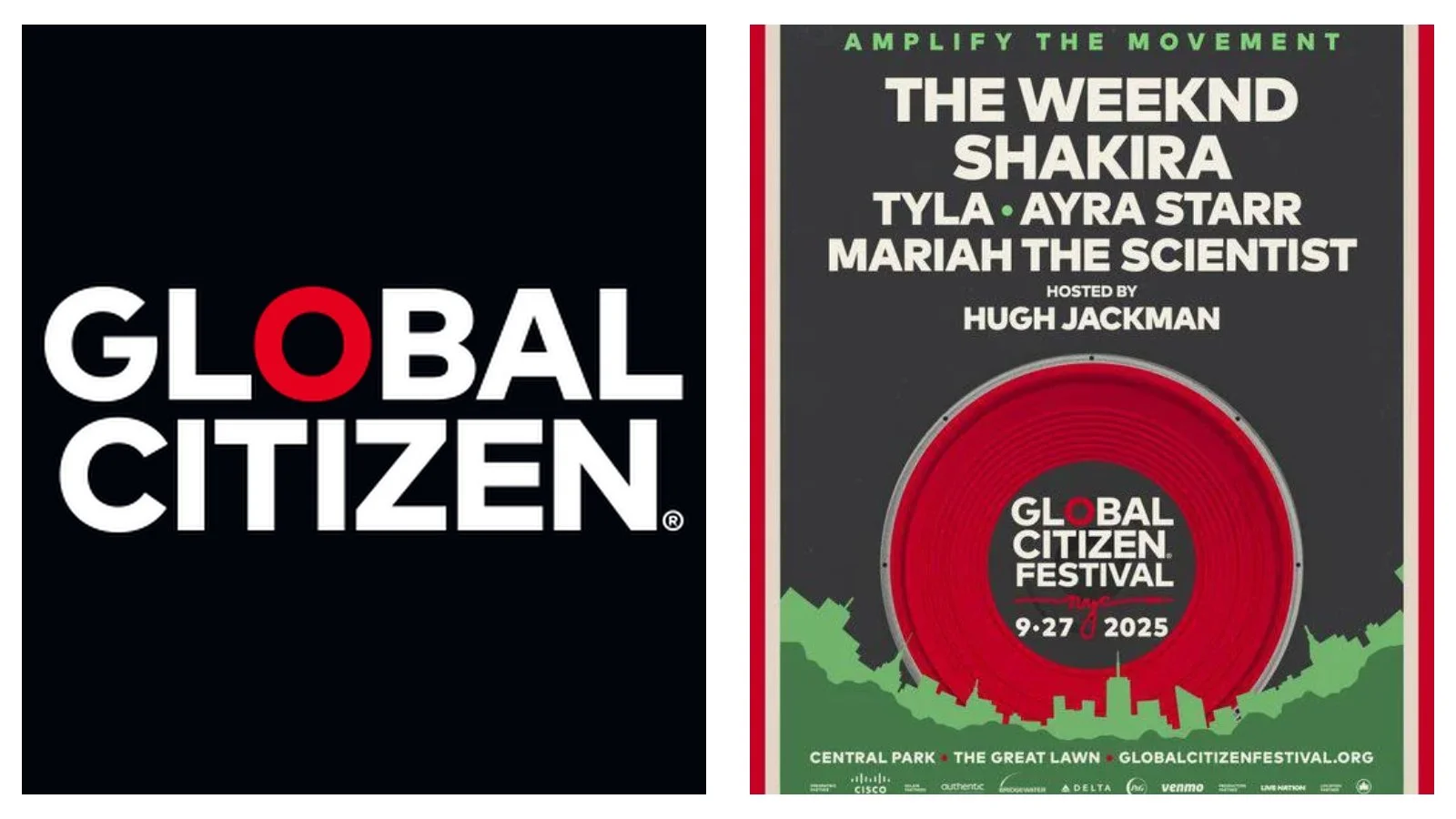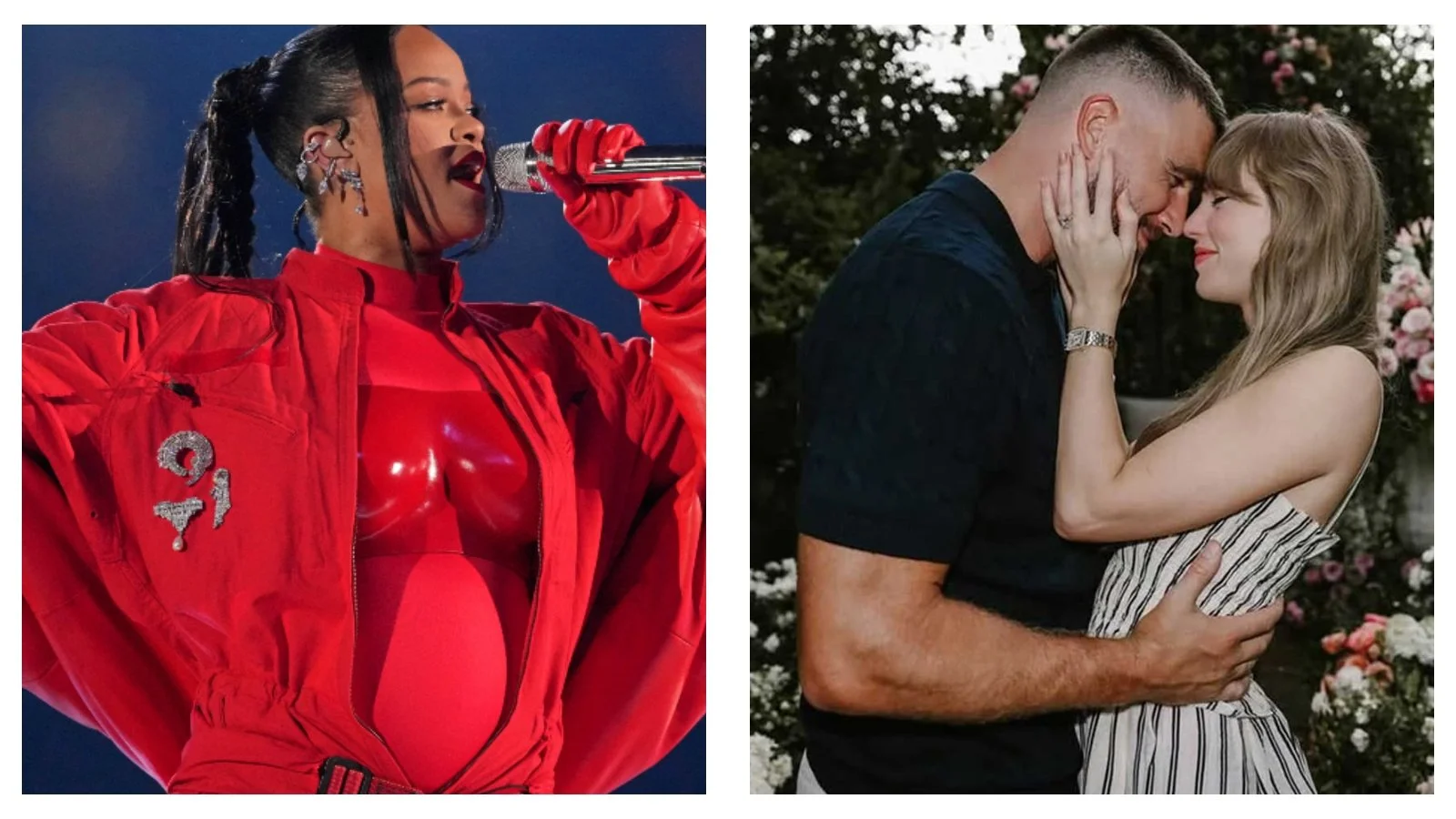Rocking the Daisies 2025: Two decades of sound, soul, and South African sunshine
Inside the 20th anniversary of Africa’s most beloved music festival, Rocking the Daisies is a weekend where global beats meet local roots, writes Music News Blitz’s Lindokuhle Mlombo.
For three days in early October, the quiet vineyards of Cloof Wine Estate in Darling, a small town just outside Cape Town, were transformed into a technicolour landscape of music, art and energy.
The annual Rocking the Daisies festival, affectionately known as RTD, returned from October 3 to 5 for its 20th anniversary, marking two decades of uniting people through rhythm, creativity and community.
What started in 2005 as a modest, eco-conscious gathering has grown into one of Africa’s most anticipated music festivals, drawing tens of thousands of fans from around the world.
This year’s edition was not just another party in the fields, but it was a statement of legacy, identity and evolution.
A global line-up for a local legacy
Rocking the Daisies 2025 was ambitious from the start. Festival organisers promised a genre-bending lineup that would honour the past while pushing the boundaries of what a South African festival could be, and they delivered.
The main stage lit up with international stars Summer Walker and Jessie Reyez, both making their South African debut.
Walker’s set was nothing short of cinematic: misty rain glimmered against the stage lights as her velvet voice floated through the crowd, turning thousands of festivalgoers into a chorus of emotion.
Her vulnerability and presence were a perfect match for the festival’s 20-year milestone, intimate yet monumental.
Reyez brought her signature fire. Dressed in a fierce red outfit, she stalked the stage with raw charisma, her voice cracking with authenticity as she shouted out to the South African crowd, “You all sound like home!”
Her energy was electric, pulling strangers into shared catharsis.
But if the internationals brought prestige, the locals brought power. South Africa’s very best commanded the spotlight: Nasty C’s razor-sharp performance blended swagger with substance, Sun-EL Musician’s hypnotic house beats kept bodies moving long after midnight, and De Mthuda’s amapiano rhythms turned the valley into one giant dancefloor.
Amapiano, South Africa’s global breakout genre, had its moment too.
From the smaller stages to spontaneous DJ sets in the campsites, its presence was undeniable.
It was not just music, but it was a heartbeat. As one festivalgoer put it, “If amapiano does not play, did you even rock the daisies?”
READ MORE: Global Citizen: Where music meets activism
The culture that holds it together
While music was the festival’s core, the experience extended far beyond the stages. Cloof Wine Estate’s rolling fields became a multi-sensory wonderland of art, fashion and wellness.
Festivalgoers arrived in waves and glittered faces, oversized hats, flowing fabrics and outfits that turned the grounds into a live fashion editorial.
Each corner offered something different: avant-garde art installations, interactive pop-ups, yoga zones, food markets and eco stalls.
The festival’s signature daisy motifs bloomed across murals, merchandise and body paint.
The atmosphere was one of joyful chaos, a sensory collision of scent, colour, and sound.
In one area, local artists displayed hand-painted denim and jewellery and in another, a wellness space offered sunrise meditation sessions overlooking the vineyards. And everywhere, laughter.
The Sowing the Seeds stage was a standout addition - a platform for emerging artists, DJs, and curators to showcase their craft.
It was not just an add-on. It felt like the festival’s beating heart.
By giving space to rising talent, Rocking the Daisies honoured its roots as a space that grows not only daisies but dreams.
Inclusivity and sustainability: A modern festival ethos
Over the past two decades, Rocking the Daisies has evolved alongside its audience. Today’s festival is not just about hedonism. It is about consciousness.
Its Leave No Trace policy remains central, promoting recycling, minimal waste and respect for the environment.
Water refill stations replaced single-use bottles, and eco-friendly transport incentives encouraged carpooling and shuttles from Cape Town.
Inclusivity, too, was front and centre. The Wildflower Camping area, an initiative designed for women and LGBTQIA+ attendees, offered a safe, inclusive environment with enhanced security and facilities.
It became a symbol of what the future of festivals can look like: spaces where everyone feels seen, respected and free.
In the words of one organiser, “We have always said Daisies is more than a festival, it is a culture. That means we evolve with the people who make it.”
YOU MAY ALSO LIKE: Seven times when celebrities broke the internet: Taylor Swift, Rihanna, Adele and more
The challenge of scale
Of course, hosting tens of thousands of people in a remote wine valley is never simple.
While the production quality impressed with massive LED stages, seamless transitions, and top-tier sound, a few logistical hiccups reminded everyone that no festival is perfect.
Entry queues on Friday tested patience, parking overflowed by sundown and patchy cell reception made group coordination an adventure of its own.
But these moments were often met with humour rather than frustration.
Festival veterans knew: If you are not slightly lost at Daisies, you are not doing it right.
Despite minor bumps, the overall organisation shone through. Security was visible but friendly, facilities were clean and plentiful, and the atmosphere stayed remarkably positive throughout the weekend.
Moments that defined the weekend
Every festival has its unscripted magic, those fleeting moments that turn into legend.
On Friday night, as Summer Walker performed “Girls Need Love”, a gentle drizzle began to fall. The crowd sang louder, holding their hands up to the rain. It felt like the festival itself was listening.
Saturday’s amapiano takeover stretched late into the night, with spontaneous dance circles forming under glowing art installations.
At sunrise on Sunday, hundreds gathered quietly at the wellness lawn to watch the sky change colour, tired, emotional and connected.
Those moments reminded everyone why they came: not just for the artists, but for the feeling. For the unity that only music can create.
Africa’s festival for the world
Rocking the Daisies 2025 was more than an anniversary. It was a message. A message that African festivals can rival the world’s biggest, not by imitation but by authenticity.
It does not try to be Coachella or Glastonbury. It is so proudly its own thing, rooted in African creativity, powered by local energy and open to the world.
Its stages are multilingual, its crowds multicultural, and its energy unmatched.
As the final fireworks burst over Darling and the crowd erupted in cheers, one could not help but feel the weight of twenty years and the promise of twenty more.
Rocking the Daisies has survived storms, evolved with generations and emerged stronger every time.
This year, it did not just rock the daisies. It rocked expectations.
The future is bright and bold
As the festival closed its gates on Sunday evening with dust still rising over the vineyards and exhausted fans packing up tents, a sense of fulfilment lingered in the air.
It was not just about the music. It was about connection to sound, to nature, to each other.
Rocking the Daisies 2025 reaffirmed why festivals matter. They are places where people rediscover themselves in rhythm, where strangers become friends and where every beat carries the pulse of a continent alive with creativity.
From its humble eco origins to its global stage presence, the festival has proven that Africa’s cultural landscape does not follow trends. It sets them.
So, here’s to the next chapter to the daisies still rocking, still growing and still reminding the world that some of the best music on Earth grows from African soil.
READ NEXT: AI-Generated hits: Are we listening to real artists?




